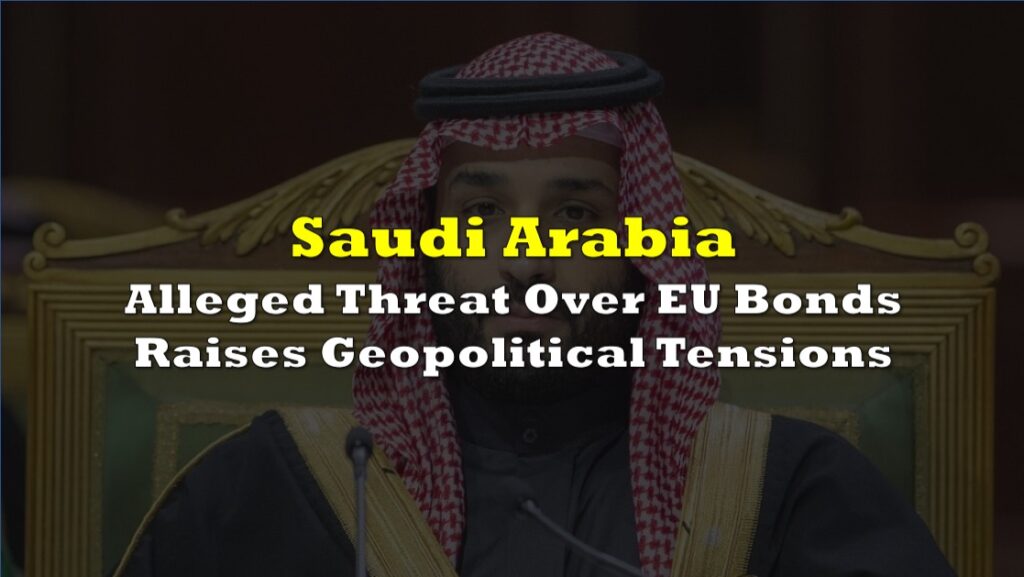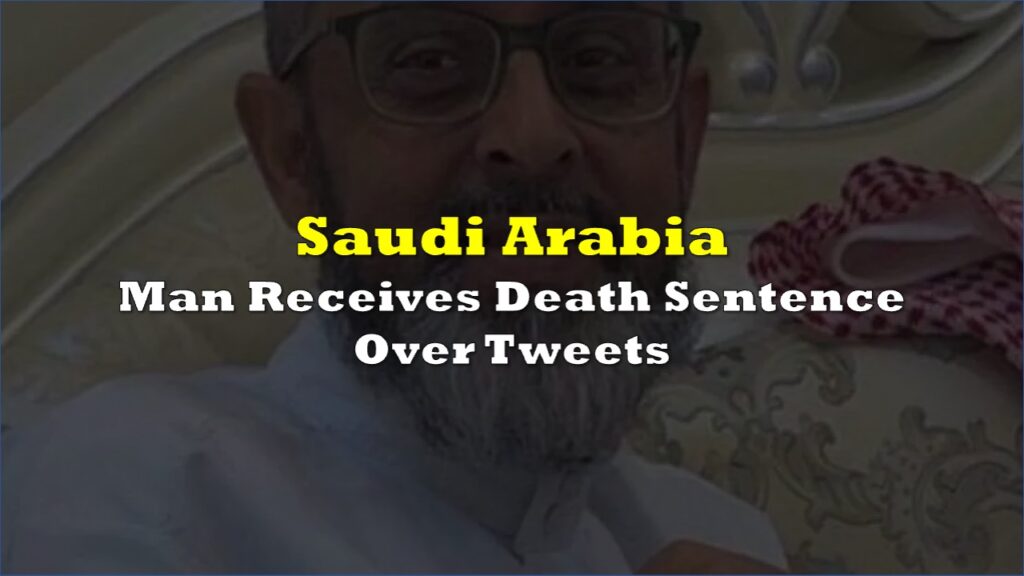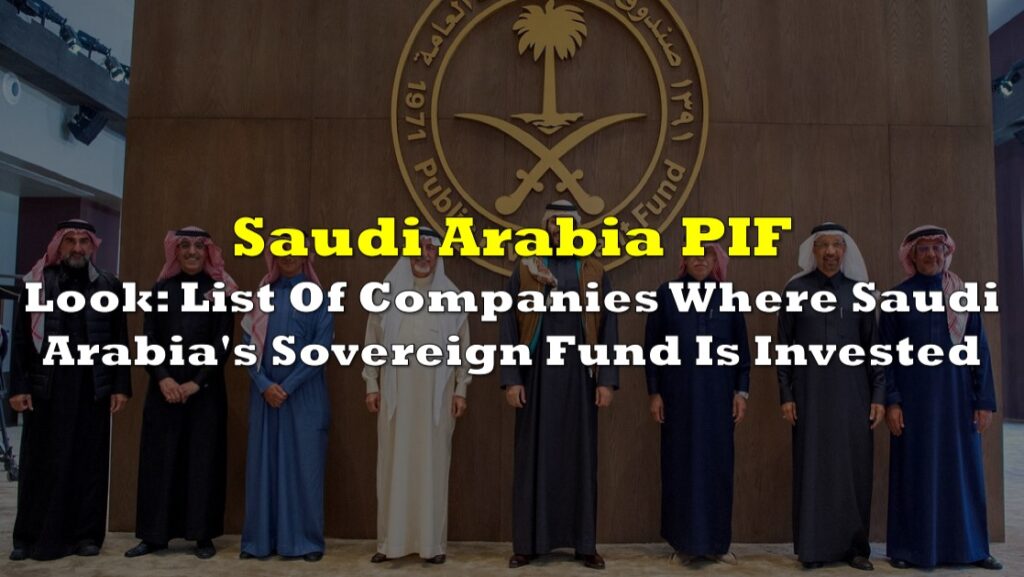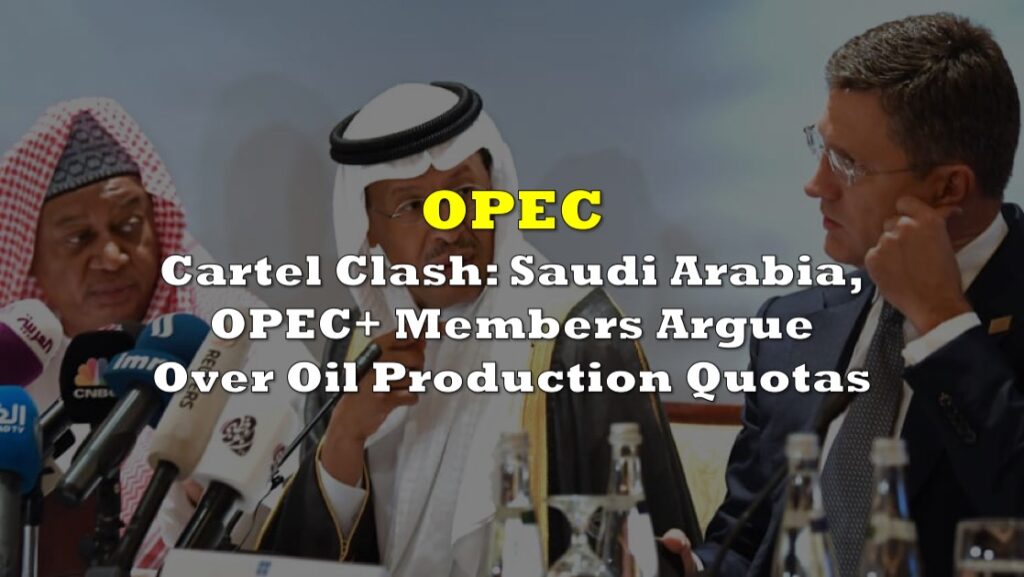Saudi Arabia’s Minister of Industry and Mineral Resources, Bandar Alkhorayef, recently expressed confidence that the kingdom’s ambitions to invest in Canada’s mining sector will not be hindered by regulations restricting investments from foreign state-owned entities.
During his visit to Toronto on Monday, Alkhorayef emphasized that Saudi state-backed funds are expected to pursue stakes in Canadian metals businesses, aligning with the Middle Eastern nation’s broader efforts to diversify its economy and expand its global mining influence.
Alkhorayef is leading a Saudi delegation to meet with Canadian mining companies, exploring potential investment opportunities as part of the kingdom’s strategy to secure access to critical minerals.
“I have no reason to believe there will be an issue,” he said, speaking on the potential regulatory hurdles despite Canada’s federal policies that scrutinize foreign state-owned investments.
This statement comes in the context of Canada’s tightened stance on foreign investments. In 2022, the Canadian government imposed more stringent rules to increase scrutiny over investments by state-owned foreign entities, stating that such deals will be approved only “on an exceptional basis” and if deemed to provide a net benefit to the country.
While these rules have deterred some foreign entities—particularly Chinese state-owned enterprises—from expanding their holdings in Canadian mining operations, they have not entirely closed the door to foreign investments. Notably, two Saudi entities successfully acquired a 10% stake in Vale SA’s base metals unit, which controls Canada’s largest nickel mining operations, illustrating the kingdom’s ability to navigate these regulatory hurdles.
Saudi Arabia’s interest in Canada’s mining sector aligns with its broader economic diversification plan. The kingdom aims to establish a stronger foothold in the global critical minerals market, including metals essential for clean energy technologies like copper and nickel. As the global energy transition progresses, Saudi Arabia is positioning itself not only as a key energy producer but also as a hub for metals processing and mineral exploitation.
The kingdom has recently placed greater emphasis on developing its mineral resources as part of Vision 2030, an initiative aimed at reducing dependence on oil and transforming the nation into a global investment powerhouse. With Canada being a major player in the mining sector and home to substantial reserves of essential minerals like copper, lithium, and nickel, the partnership offers opportunities for both countries.
Alkhorayef noted that part of his visit was to attract Canadian mineral exploration companies to Saudi Arabia, enticing them to assist in the search for vital minerals within the Arabian Peninsula. Saudi Arabia’s burgeoning mining sector and untapped mineral reserves could present lucrative opportunities for Canadian explorers and developers looking for global expansion.
The Saudi delegation’s visit also includes planned meetings with Canadian government officials, including Industry Minister François-Philippe Champagne and Natural Resources Minister Jonathan Wilkinson. These discussions are expected to cover potential collaborations and opportunities for investment, reinforcing the positive trend in Canada-Saudi relations.
This renewed engagement comes after a period of diplomatic strain between the two nations. In 2018, Canada’s ambassador was expelled by Saudi Arabia following criticism of the kingdom’s human rights record by Canadian officials. The rift led to a freeze in new trade and investment between the two countries, casting a shadow over potential business deals and political cooperation. However, relations have improved since then, with both countries showing a willingness to engage in dialogue and explore mutual economic interests.
Information for this briefing was found via Bloomberg, Financial Post, and the sources mentioned. The author has no securities or affiliations related to this organization. Not a recommendation to buy or sell. Always do additional research and consult a professional before purchasing a security. The author holds no licenses.









